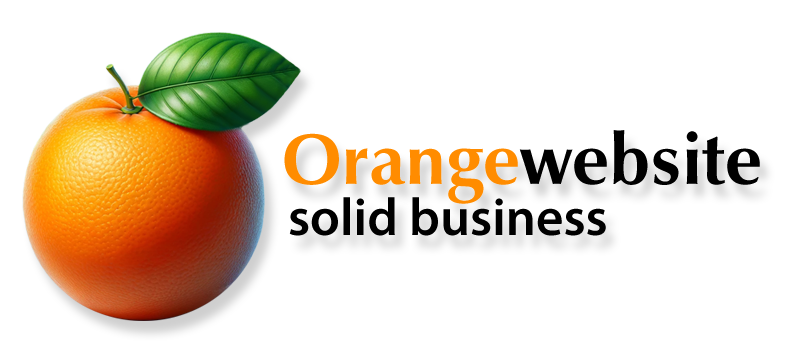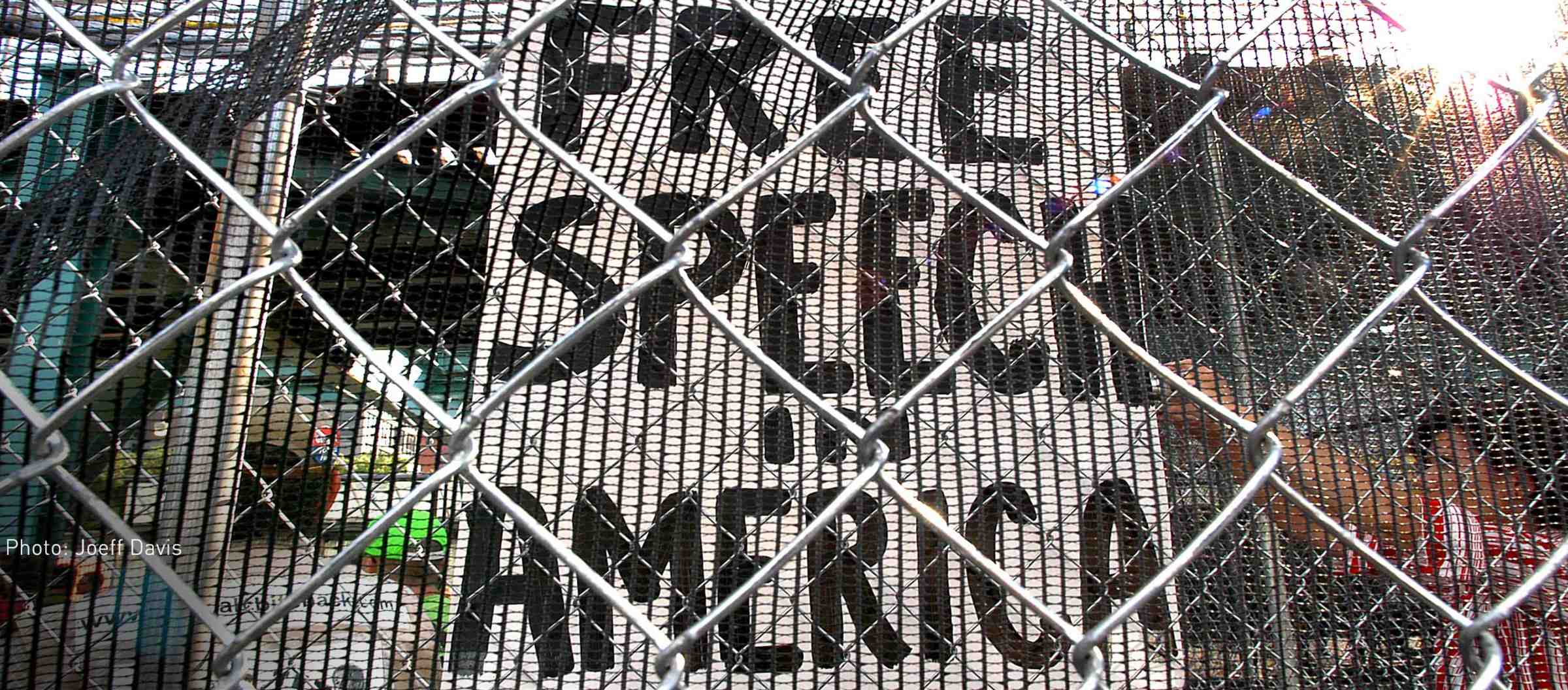Freedom of Speech in America
Freedom of Speech in America – Just what is legal?
Much has been written and discussed recently about freedom of speech in the United States. For those who missed a few days in the fifth grade and for others who may be distracted by misinformation on social media, here is a primer on freedom of speech, how it relates to “hate speech”, the internet, and what is and isn’t criminally punishable in the United States.
The Constitution and The Bill of Rights
The original U.S. Constitution was written to outline the powers of the United States government following the revolutionary war. Keep in mind, this document was written in a time when a young United States was emerging from a war against the tyranny from a foreign government. There were those that had concerns that while the Constitution provided an outline for the government, it had no protections for the rights of its citizens. Before the Constitution was ratified, therefore, there were twelve amendments to the Constitution proposed to go along with it. Ten of those twelve received the necessary three-quarters approval of Congress and were passed as the “Bill of Rights”.
Many people think that freedom of speech is its own amendment. In reality, it is part of the first amendment that also protects freedom of religion, the right of assembly, freedom of the press, and the right to petition the government during a grievance. Freedom of speech is, of course, a key point in protecting these other freedoms.
The first amendment specifically states:
“Congress shall make no law respecting an establishment of religion or prohibiting the free exercise thereof, or abridging the freedom of speech, or of the press; or the right of the people peaceably to assemble, and to petition the Government for a redress of grievances.”
The Bill of Rights only defines one crime, the crime of treason in Article 3. It doesn’t define hate speech as a crime.
First Amendment Court Cases
Throughout the years, the Supreme Court has ruled on many cases involving the first amendment which has provided more insight into how the courts view its protections. It is clear there are limitations to the freedom of speech, including:
- Obscenities
- Libel and Slander
- Fighting Words
- Child Pornography
- Perjury
- Blackmail
- Incitement to Create Immediate Lawless Action.
- True Threats
The court has repeatedly ruled that speech that makes people feel uncomfortable, is offensive or that is contrary to popular opinion IS protected. In other words, with the exception of when hate speech would involve a threat or become an incitement to lawless action, it is protected under the Constitution. In Europe, many countries have what is called” group libel laws” which can protect groups of people from hateful speech.
Free Speech in Europe
Many Americans have a point of view that freedom of speech in Europe is similar to that in the United States but that is not the case. Germany, for example, has multiple laws regulating freedoms, including freedom of expression, that have their roots based in the post World War II era. Hate speech in Europe is generally not viewed as a critical freedom. Hate speech is often regulated in the interest of “harmony”. As terrorism becomes more common on the continent, more policies are being enacted throughout the Europe to limit freedom of speech and expression.
Free Speech and the Internet
Many believe that free speech rights extend to the internet but that is not necessarily true. Companies like Google have their own right to set guidelines for posting content on their websites. This is interesting in that today, major websites like Google, YouTube, Twitter, and Facebook have more control over your speech through their policies than the U.S. Government. These large corporations generally attempt to operate under the rules and guidelines in the countries they serve but that isn’t always the case. Many have at least have some form of “hate speech” which restrict what may be posted by users. Many of these companies use more of a European model when it comes to freedom of speech, which is more restrictive than the laws we have in the United States.
The power that some tech companies wield over free speech came into focus following the violence in Charlottesville, VA in the summer of 2017. Some tech companies shut down the websites of white-supremacist groups following the incident, raising the eyebrows of freedom of speech advocates. The companies ultimately stated that these websites “violated their terms of service”, allowing them to shut down the websites.
It is interesting to note that freedom of speech is not the only right we voluntarily give up when using the websites of some major companies. Each day we give up more and more of our rights to privacy, freely providing our personal information and even allowing internet-based auto and video recording devices into our homes. While these policies are spelled out, they are often buried in page upon page in the extensive user policies of these websites and devices. The reality is that very few of us thoroughly read these terms of service.
While some groups are aggressively pursuing the protection of our rights and liberties, many of us are simply signing them away in pursuit of convenience, better communication, and the desire for advanced technology.
Whats your opinion on Freedom of Speech in America? Tell us your thoughts in the comments below and if you know someone who might be interested in this article, feel free to share it. Click here for more Articles about Freedom of Speech


Recent Comments